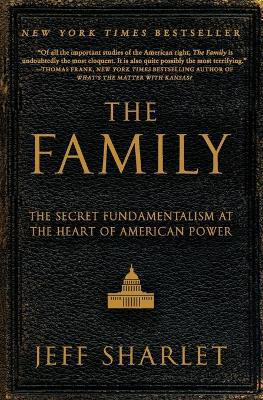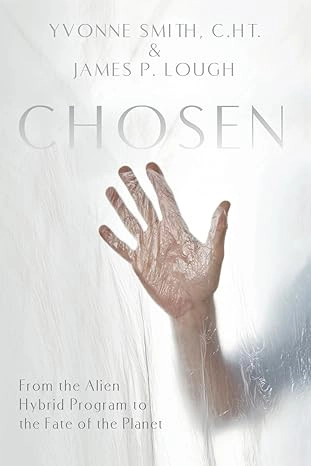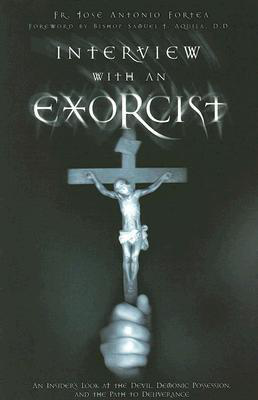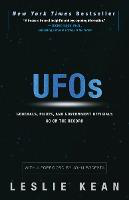Paranormal Investigation: A Quest for Meaning or Closure?
Ghost/Paranormal
Saturday 7th, December 2024
4 minute read.
In the dimly lit corridors of abandoned buildings and the echoing halls of old mansions, paranormal investigators seek evidence of the afterlife. For many, these nocturnal expeditions are more than just a pursuit of ghostly phenomena, they are deeply personal journeys shaped by profound life experiences. But could these experiences introduce a natural bias, influencing what investigators seek and interpret as evidence?
A striking pattern among paranormal investigators, podcast hosts, and documentary creators is the prevalence of personal experiences. Often, these encounters, whether strange sounds, apparitions, or inexplicable events ignite a lifelong fascination with the unknown. While some openly attribute their involvement to such incidents, others remain silent on the matter.
This raises a critical question, does having a personal experience predispose someone to believe in and actively search for the paranormal? The concept of confirmation bias, the tendency to seek information that confirms existing beliefs, offers one possible explanation. If someone has experienced something they perceive as supernatural, they may interpret subsequent ambiguous events as further proof of the paranormal.
The drive to explore haunted locations often transcends simple curiosity. For many, it is rooted in a need for closure or reassurance about life after death. This is particularly true for those grieving the loss of loved ones. Believing in an afterlife can provide comfort and alleviate the existential anxiety associated with death.
Psychologists have long studied the human tendency to seek meaning in loss. The idea of death anxiety, the fear of one's own mortality can lead individuals to adopt beliefs in an afterlife. Paranormal investigation, in this context, becomes a coping mechanism, a way to confront and make peace with the unknown.
In the UK, Europe, and the United States, much of the paranormal narrative is steeped in Christian concepts of good and evil, heaven and hell. Terms such as “demons” and “spirits” reflect religious archetypes, even among those who do not consider themselves religious. This cultural framework shapes the language and expectations surrounding paranormal investigations.
For example, investigators often describe encounters with benevolent or malevolent entities, mirroring Christian ideas of angels and demons. This dichotomy reinforces a belief system in which the afterlife is populated by both positive and negative forces.
However, the influence of other spiritual traditions cannot be ignored. Some investigators incorporate elements from paganism, Eastern philosophies, and indigenous beliefs, creating a syncretic approach to their work. This blending of traditions reflects a broader search for universal truths about the afterlife.
One intriguing idea discussed by paranormal enthusiasts is that the true nature of death may be unknowable until one experiences it firsthand. This theory posits that the “veil” between life and death is impenetrable, preventing living beings from fully understanding what lies beyond.
This notion taps into the concept of the sublime, the idea that certain aspects of existence are beyond human comprehension. Paranormal investigators, in this view, are modern-day mystics, seeking glimpses of the unknown without ever fully grasping its mysteries.
Despite countless hours spent in haunted locations, definitive proof of the paranormal remains elusive. Investigators capture sounds, shadows, and unexplained phenomena, but these are often subject to interpretation. Critics argue that such evidence is rarely conclusive, falling short of the scientific rigor needed for validation.
Nevertheless, for those who have experienced the paranormal, the evidence gathered serves as personal validation. It reinforces their belief in an afterlife and provides a sense of purpose in their investigations.
The motivations for entering the world of paranormal investigation are as varied as the individuals involved. For some, it is about adventure and thrill-seeking, for others, it is a deeply spiritual pursuit. Regardless of the reasons, the act of investigating becomes a form of ritual, a way to confront fears and find meaning in the unknown.
Whether or not the truth about the afterlife is ultimately discoverable, the search itself is a testament to the human spirit. It reflects a fundamental desire to understand existence and find peace in the face of mortality. Paranormal investigators, in this sense, are not just seekers of spirits, they are seekers of meaning.
In a world where the mysteries of life and death remain unsolved, the quest continues. And for those who believe, the journey is as important as the destination.
A striking pattern among paranormal investigators, podcast hosts, and documentary creators is the prevalence of personal experiences. Often, these encounters, whether strange sounds, apparitions, or inexplicable events ignite a lifelong fascination with the unknown. While some openly attribute their involvement to such incidents, others remain silent on the matter.
This raises a critical question, does having a personal experience predispose someone to believe in and actively search for the paranormal? The concept of confirmation bias, the tendency to seek information that confirms existing beliefs, offers one possible explanation. If someone has experienced something they perceive as supernatural, they may interpret subsequent ambiguous events as further proof of the paranormal.
The drive to explore haunted locations often transcends simple curiosity. For many, it is rooted in a need for closure or reassurance about life after death. This is particularly true for those grieving the loss of loved ones. Believing in an afterlife can provide comfort and alleviate the existential anxiety associated with death.
Psychologists have long studied the human tendency to seek meaning in loss. The idea of death anxiety, the fear of one's own mortality can lead individuals to adopt beliefs in an afterlife. Paranormal investigation, in this context, becomes a coping mechanism, a way to confront and make peace with the unknown.
In the UK, Europe, and the United States, much of the paranormal narrative is steeped in Christian concepts of good and evil, heaven and hell. Terms such as “demons” and “spirits” reflect religious archetypes, even among those who do not consider themselves religious. This cultural framework shapes the language and expectations surrounding paranormal investigations.
For example, investigators often describe encounters with benevolent or malevolent entities, mirroring Christian ideas of angels and demons. This dichotomy reinforces a belief system in which the afterlife is populated by both positive and negative forces.
However, the influence of other spiritual traditions cannot be ignored. Some investigators incorporate elements from paganism, Eastern philosophies, and indigenous beliefs, creating a syncretic approach to their work. This blending of traditions reflects a broader search for universal truths about the afterlife.
One intriguing idea discussed by paranormal enthusiasts is that the true nature of death may be unknowable until one experiences it firsthand. This theory posits that the “veil” between life and death is impenetrable, preventing living beings from fully understanding what lies beyond.
This notion taps into the concept of the sublime, the idea that certain aspects of existence are beyond human comprehension. Paranormal investigators, in this view, are modern-day mystics, seeking glimpses of the unknown without ever fully grasping its mysteries.
Despite countless hours spent in haunted locations, definitive proof of the paranormal remains elusive. Investigators capture sounds, shadows, and unexplained phenomena, but these are often subject to interpretation. Critics argue that such evidence is rarely conclusive, falling short of the scientific rigor needed for validation.
Nevertheless, for those who have experienced the paranormal, the evidence gathered serves as personal validation. It reinforces their belief in an afterlife and provides a sense of purpose in their investigations.
The motivations for entering the world of paranormal investigation are as varied as the individuals involved. For some, it is about adventure and thrill-seeking, for others, it is a deeply spiritual pursuit. Regardless of the reasons, the act of investigating becomes a form of ritual, a way to confront fears and find meaning in the unknown.
Whether or not the truth about the afterlife is ultimately discoverable, the search itself is a testament to the human spirit. It reflects a fundamental desire to understand existence and find peace in the face of mortality. Paranormal investigators, in this sense, are not just seekers of spirits, they are seekers of meaning.
In a world where the mysteries of life and death remain unsolved, the quest continues. And for those who believe, the journey is as important as the destination.



